

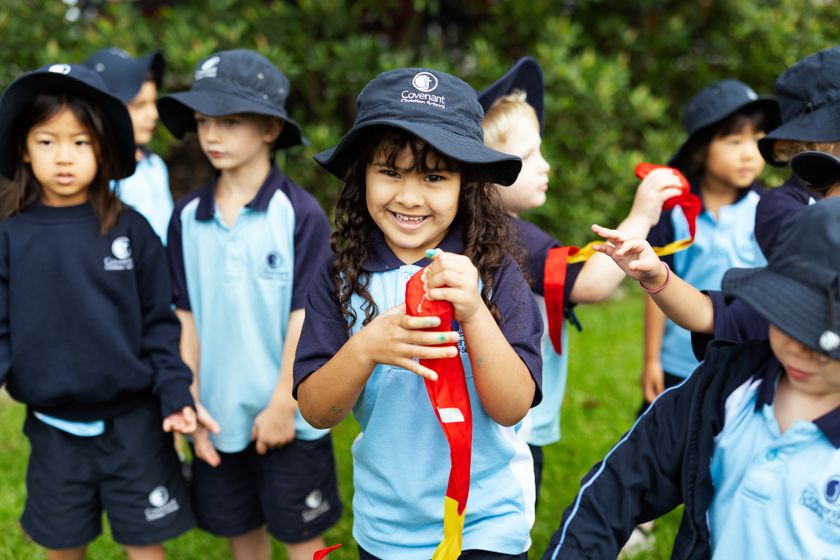
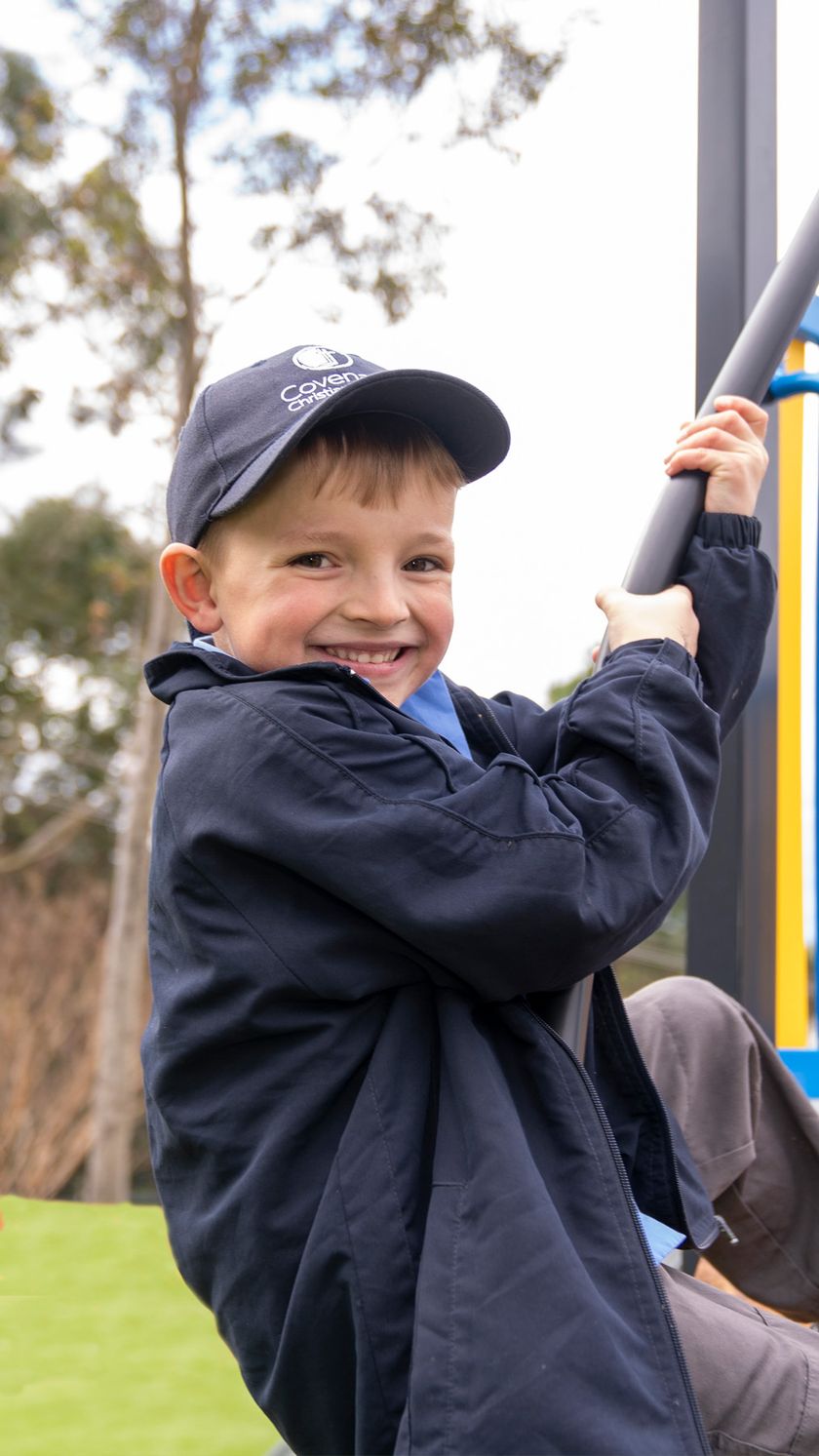
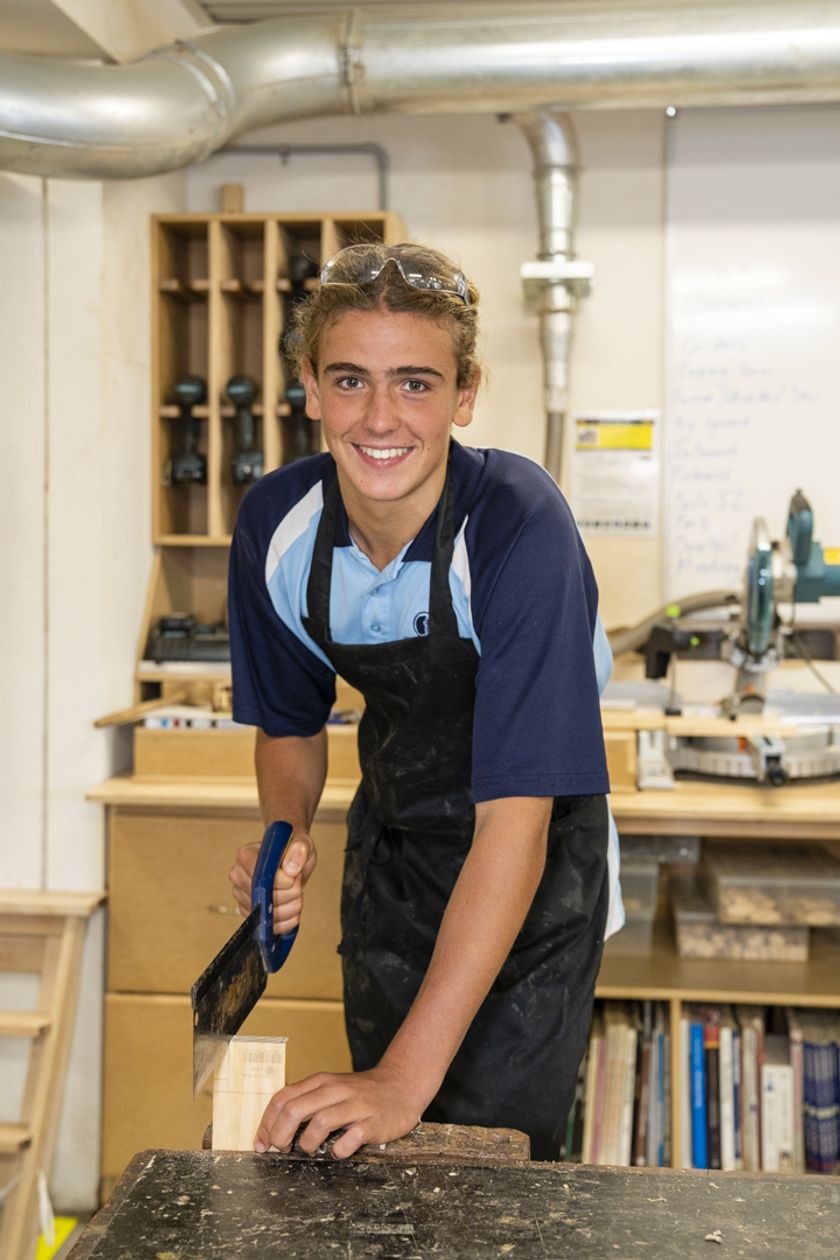
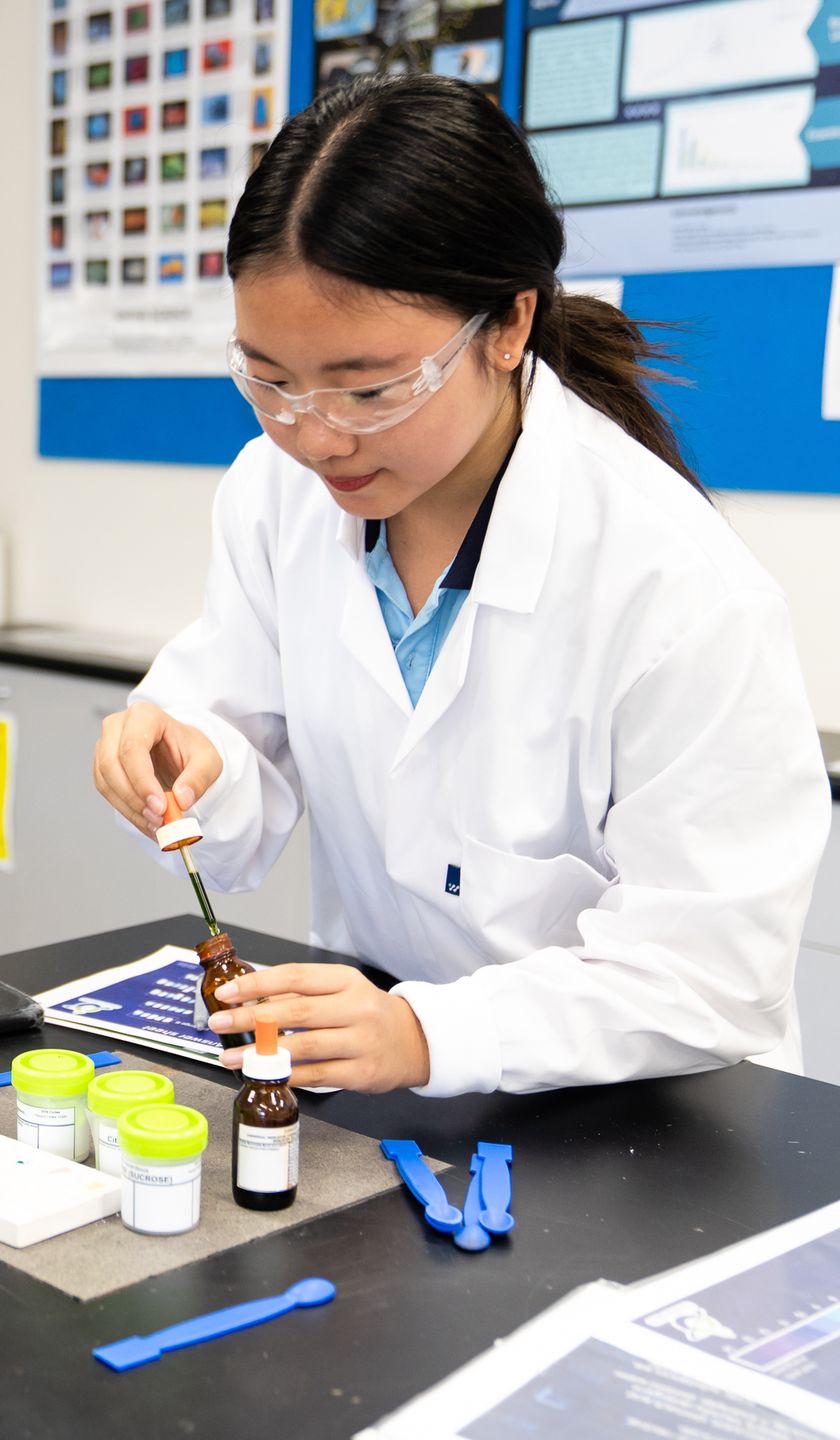
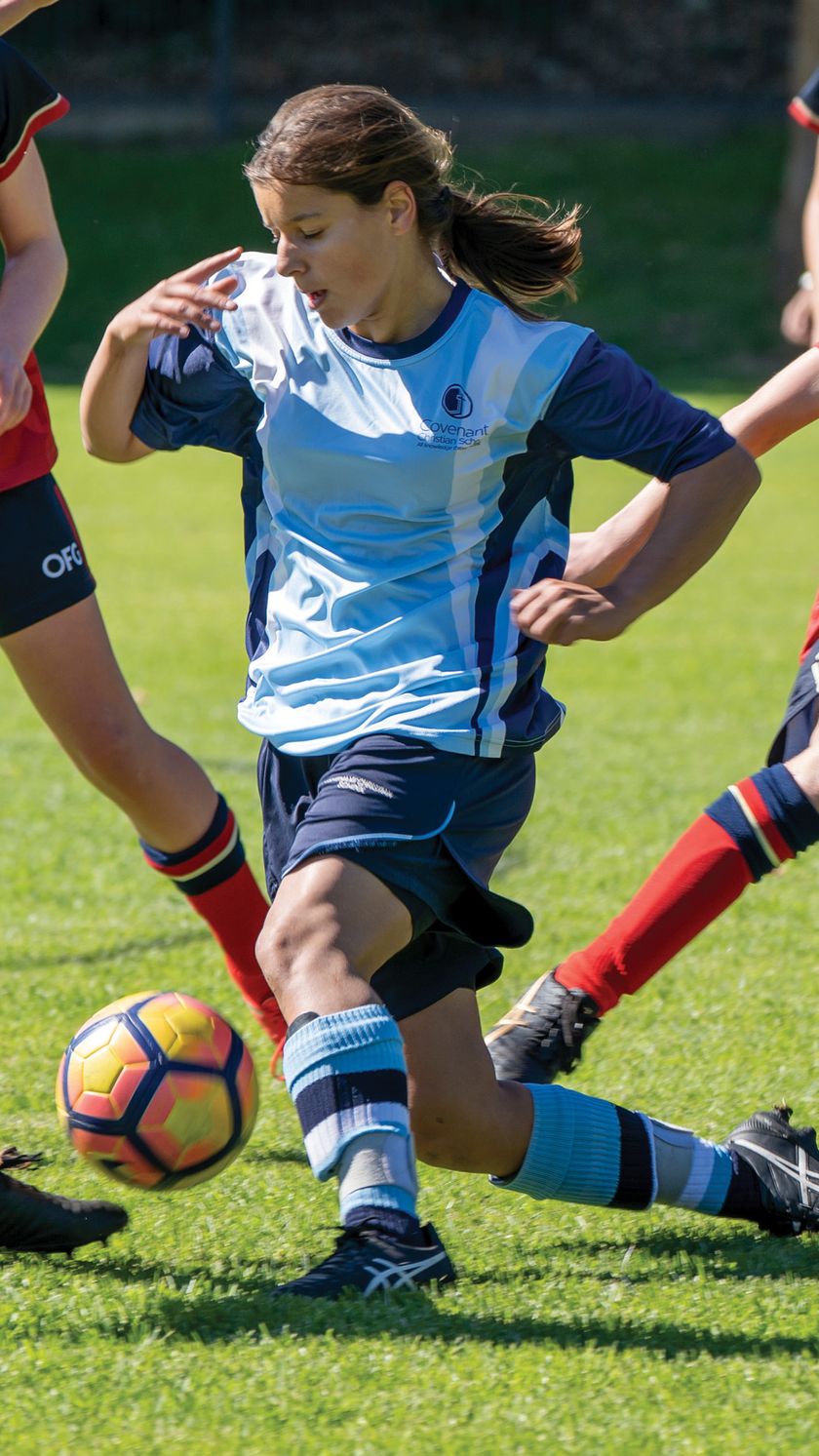
╣·▓·╫╘┼─ Christian School supports parents in their responsibility to keep children safe when using technology at home. The following four steps form the basis of developing young people with an appropriate, biblical approach to digital technology:
It is important to have some level of protection on your home network. There are multitudes of internet websites that are not appropriate for our children to have access to. We should take action to reduce the risk of them accidentally finding any disturbing content. There are different methods that can achieve this. We recommend control тАШupstreamтАЩ from the device itself. This means that no extra software needs to be installed on the device itself, as children will, in many cases, have permission to add and remove apps from their device. By applying protection to the wireless network itself, every device that connects to that network is protected without the need to install extra software. An additional benefit of this type of protection is that they will generally enable a schedule of internet access as well, and some also provide reporting on sites visited to enable improved communication between you and your child.
An important note
It is important for families to realise that nearly all smartphones with a 4G or 5G sim will provide unfiltered internet connection. This connection can then be shared among other devices. If your child has a smartphone, they can bypass your home wireless internet connection and access any website they desire.
While protection and filtering on an internet connection is an important step in helping our children to use technology in a wise way, it should not be the only thing that we do. Our children need to be taught about the dangers and issues that they will face. We need to teach them that while technology is a good creational gift from God, sin impacts the way that our society interacts with this technology.
Regardless of what form of protection you have chosen, it will never be perfect. The chances are that, at some point in time, as we engage with technology your child will be exposed to something that is inappropriate for them. They need to be taught what to do when (not if) this happens, and that non-judgemental communication will follow about what happened.
Open and deliberate communication about the way in which we use technology will assist our children to develop a healthy perspective. At ╣·▓·╫╘┼─, we talk about our students becoming Digital Disciples who use technology in such a way that is glorifying to Christ. Many of the protection devices listed above will also have reporting functionality built in that will report web browsing habits. These reports can become a great conversation starter.
Parents are highly recommended to access the free resources provided by the Office of the eSafety Commissioner. You will find them here:
Our children need to be supervised when using digital technology. In the same way that we wouldnтАЩt let our children wander around a city alone, we should not leave them alone as they are wandering around the world wide web.
We strongly recommend that ALL technology is used and charged in a public space in the home. At the very least it most definitely should NOT be used in the bedroom. The temptations are many and varied, and the best deterrent for those temptations is to have visible screens in the home.
We would not expect that any students from Years 7 to 9 need to use their devices any later than 9.30pm at night. Remember, our homework guidelines are that Year 7 and 8 students should not have more than 1┬╜ hours of homework each night.
As our children grow, they will earn our trust. We should gradually give them more and more freedom, while continuing to communicate openly about how they are using technology. As we have educated them, we should expect them to do the right thing and to use technology in an appropriate manner.
At the same time, we ought not be too surprised when they make mistakes. We are all sinful and make decisions that are not congruent with GodтАЩs will. When our children do make these mistakes, they need to know that there will be consequences, but that those consequences will be framed with forgiveness and grace.